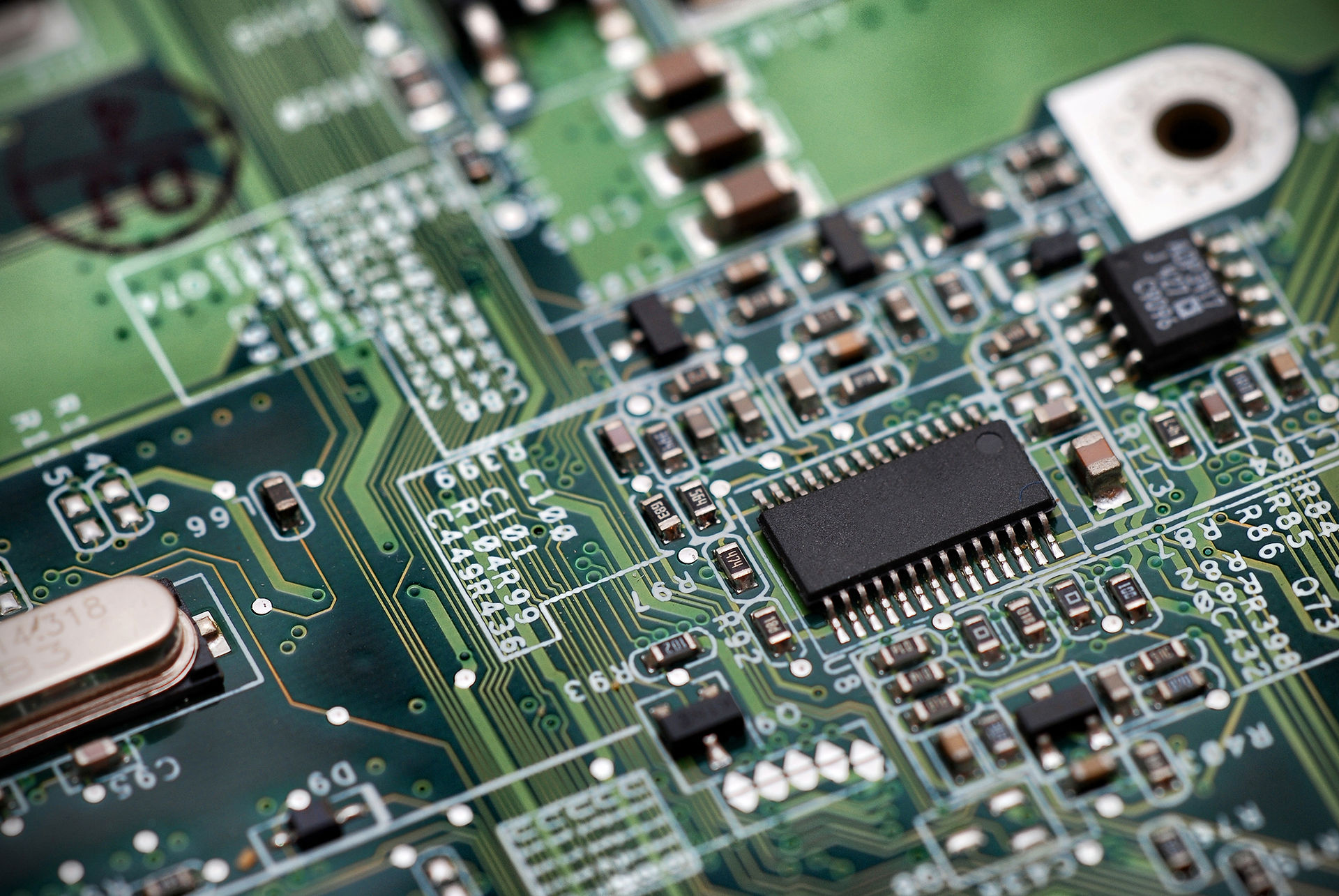
Electronics
Electronic Equipment Facts
-
Electronic equipment contains a variety of hazardous substances that require special disposal such as:
-
Cathode ray tubes and glass found in computer monitors and television screens contain large amounts of lead
-
Circuit boards and electronic wiring contain lead, chrome and other metals
-
Relays and switches can contain mercury
-
PCBs (polychlorinated biphenyls) can be present in older, larger equipment, and can cause health issues such as endocrine disruption and neurotoxicity
-
PFAS are often used in electronic manufacturing* and can cause negative health effects such as decreased fertility, developmental delays in children, cancer, reduced immune system, increased risk of obesity
-
Some materials can be recycled such as lead (Pb), silver (Ag), barium (Ba), cadmium (Cd), and mercury (Hg)
-
-
Most components involved in electronics manufacturing do not decompose in landfills, and won’t be destroyed if combusted in a waste-to-energy facility
-
If electronics are disposed of improperly, the components can contaminate the environment
Electronic Equipment Management Strategy
Conducting a workplace assessment for electronics equipment management
-
Survey the electronic equipment that your business uses
-
If you have an equipment change-out planned, include that in your estimate
-
-
Explore your recycling options
-
Educate your maintenance and technical staff about how to implement the management strategy
-
Inform them of the importance of recovering electronics
-
Coordinate storage, packaging, and shipping logistics with appropriate staff (building engineers, information technology or audio-visual specialists, maintenance workers, custodial staff, etc.)
-
Kick-off the management program with an informational meeting with participants to recruit their support
-
Periodically review the program to evaluate its effectiveness and to make improvements
Safe Storage and Handling of Electronic Equipment
From the Know Toxics Universal
Waste & Used Electronics Training Manual
This and other information on safe storage and handling of electronics can be seen in the Know Toxics Universal Waste & Used Electronics Training Manual*, pages 27-29.
-
The EPA and DEQ recommend proper recycling of used electronics, especially since many of these items contain rechargeable batteries, which are universal waste
-
A handler of used electronics should manage used electronics in a way that prevents releases to the environment
-
Store electronics in a room with four walls, a ceiling and a roof, or in the cargo portion of a truck
-
Anywhere that will prevent leakage or release to the environment
-
-
Items in the storage area should be properly labeled
-
Immediately clean up any spills or broken items and place materials in a container for proper disposal
-
-
Companies, governments, manufacturers, and individual purchasers are responsible for properly recycling their discarded materials in a safe and environmentally sound manner
-
In the absence of federal and state oversight, a company may want to consider a recycler that participates in an independent certification program to reduce their liability
Additional Resources
*External link. The Northern Virginia Regional Commission does not author third party sites and their reference is for educational purposes only.
How do I dispose of my used electronic equipment?
-
Businesses can start by developing a electronic equipment management strategy
-
Manufacturers that sell more than 500 units of computer equipment in Virginia are required to allow customers to return or recycle their equipment at no charge
-
Each manufacturer must have a recovery plan on file with DEQ to sell their products
-
-
-
The EPA's regional eCycling Information* page also offers management strategies and solutions for electronics recycling.
-
When changing out equipment, consider choosing a manufacturer or retailer that offers a take-back service. For more information, visit the Know Toxics resources page
-
Read TechSoup.Org's Ten Tips for Donating a Computer*
Before Donating or Recycling Used Electronics
-
Consider upgrading the hardware or software of a device instead of buying a new product
-
Delete all personal information from the electronics
-
Remove batteries as they may need to be recycled separately
-
Find a recycling facility
-
Call2Recycle*, Earth911*, and the Consumer Technology Association* have recycle locators to help find locations that accept electronics
.jpg)

